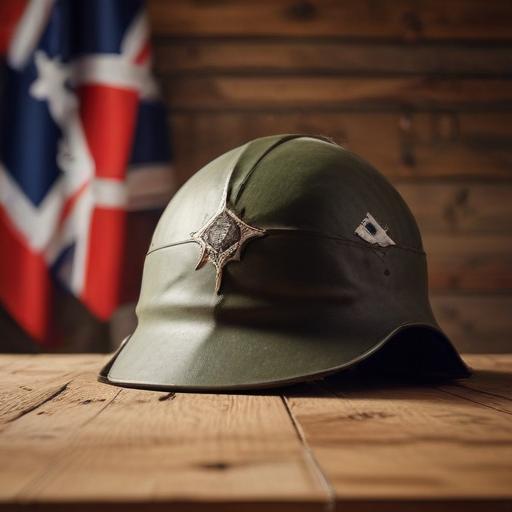The recent twin attacks in Balochistan have resulted in the deaths of 14 Pakistani soldiers, as claimed by the Baloch Liberation Army (BLA), which is known for its stance against the Pakistani government and call for independence in the region.
In the first of the two attacks, the BLA’s Special Tactical Operations Squad (STOS) targeted a military convoy in the Shorkand area of Mach, utilizing a remote-controlled improvised explosive device (IED) that killed all 12 soldiers aboard, including Special Operations Commander Tariq Imran and Subedar Umar Farooq. This incident severely damaged the military vehicle involved. Later, another IED detonated in the Kulag Tigran area of Kech as a Bomb Disposal Squad was conducting a clearance operation, leading to the deaths of two soldiers.
The continued violence underscores the ongoing unrest in Balochistan, a province where separatist groups have long been at odds with the Pakistani state’s military and political strategies. The BLA’s spokesperson, Jeeyand Baloch, criticized the Pakistani military, labeling it as a mercenary force sustained by foreign investments, particularly from China. He emphasized that freedom fighters in Balochistan would persist in their struggle against what they view as an oppressive military presence.
Balochistan is often described as a region rich in natural resources, yet local communities argue that they do not benefit from these resources while suffering from economic exploitation and political marginalization. The heavy military presence intended for protection is perceived by the locals as an occupation, further deepening resentment and unrest.
While the situation remains precarious, it is essential to acknowledge the complexity of these conflicts and the underlying issues of governance, equity, and representation that fuel them. The hope for a peaceful resolution requires addressing these grievances, fostering dialogue, and bridging the divide between Baloch nationalists and federal authorities.
